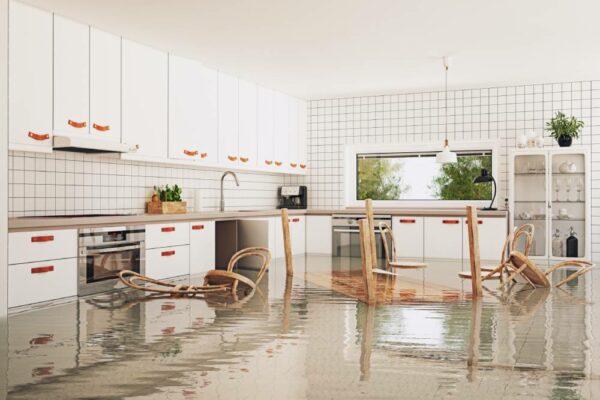Water damage can be a homeowner’s worst nightmare. Whether it is a burst pipe, a leaking roof, or flooding due to heavy rain, water damage can cause extensive and costly destruction to your property. To avoid the headaches and expenses associated with water damage repair, it is essential to take preventive measures and address potential issues before they have a chance to spread.
Regular Maintenance
One of the most effective ways to prevent water damage is through regular maintenance. This includes checking and maintaining your plumbing system, roof, gutters, and downspouts. Leaky pipes, clogged drains, or damaged roofing can be the source of many water-related issues. By conducting routine inspections and promptly addressing any problems, you can nip potential disasters in the bud.
Gutters and Downspouts
Gutters and downspouts play a crucial role in directing rainwater away from your home’s foundation. If they are clogged with leaves, debris, or dirt, water can overflow and seep into your basement or crawl space. Regularly cleaning your gutters and ensuring that downspouts are properly directing water away from the house is a simple yet effective way to prevent water damage.

Sump Pump Installation
In areas prone to heavy rainfall or flooding, a sump pump can be a lifesaver. It is installed in the lowest part of your basement or crawl space and helps remove excess water that could otherwise lead to flooding and structural damage. Regularly check that your sump pump is in good working order and consider installing a backup system in case of power outages.
Roof Maintenance
Your roof is your first line of defense against water infiltration. Damaged or missing shingles, deteriorating flashing, or clogged roof drainage can lead to leaks and structural damage. AllPro Construction can help you identify and fix issues before they become costly water damage problems.
Sealing Cracks and Gaps
Even small cracks and gaps in your home’s exterior can allow water to seep in. Inspect your home for any openings, especially around doors and windows. Properly sealing these gaps with caulk or weather-stripping can help prevent water intrusion and energy loss.
Landscaping and Grading
The landscape around your home plays a significant role in water damage prevention. Ensure that the ground slopes away from your foundation to prevent water from pooling around your home. Proper landscaping and grading can help divert rainwater away from your house, reducing the risk of basement flooding.
Appliance Maintenance
Household appliances like washing machines, dishwashers, and water heaters can be sources of water damage if they malfunction or develop leaks. Regularly inspect and maintain these appliances to prevent unexpected water damage. Consider installing water leak detection devices to alert you in case of a leak.
Basement Waterproofing
Basements are particularly vulnerable to water damage. Consider investing in basement waterproofing measures such as sealing cracks, installing a sump pump, and adding proper insulation to prevent moisture buildup and flooding.
Emergency Shut-off Valves
Know the location of emergency shut-off valves for your water supply and gas lines. In the event of a water-related emergency, being able to quickly shut off the water can minimize damage. Regularly test these valves to ensure they are functioning correctly.